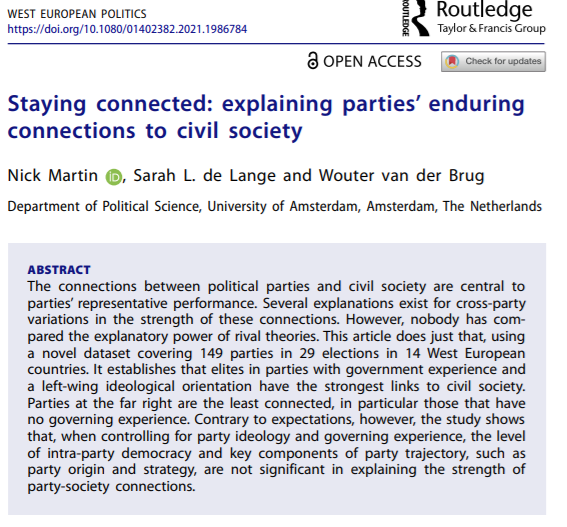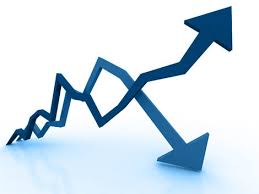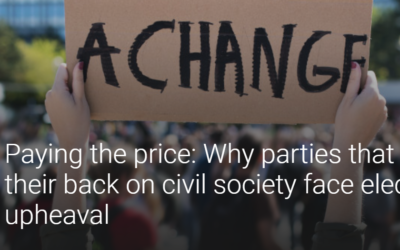My second paper with Sarah de Lange https://www.uva.nl/en/profile/l/a/s.l.delange/s.l.delange.html and Wouter van der Brug https://www.uva.nl/en/profile/b/r/w.vanderbrug/w.van-der-brug.html was published online by West European Politics https://www.tandfonline.com/doi/full/10.1080/01402382.2021.1986784 in October 2021. We tested different explanations for variation in the strength of connection between political parties and organized civil society and established that parties with government experience and a left-wing ideological orientation have the strongest links. Contrary to expectations we found that the level of intra-party democracy and key components of party trajectory, such as party origin and strategy, were not significant in explaining the strength of party-society connections.
The beginning of the end for increasing volatility?
The Beginning of the End of Rising Volatility Alongside reduced class-based voting, partisan de-alignment and the rise of populism, rising electoral volatility has become an axiom of analyses of elections in Western Europe. There is certainly a wealth of evidence that...



